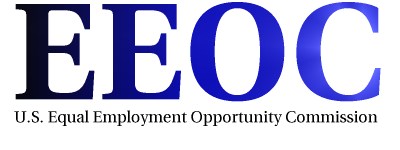Search
Check out the new EEOC guidance on workplace religious accommodations
 Late last year, the United States Equal Employment Opportunity Commission scored a big victory when a federal judge found apparel company Abercrombie & Fitch liable for religious discrimination when it fired a Muslim employee for wearing her hijab (a religious headscarf) in the workplace, rather than accommodating her religious beliefs.
Late last year, the United States Equal Employment Opportunity Commission scored a big victory when a federal judge found apparel company Abercrombie & Fitch liable for religious discrimination when it fired a Muslim employee for wearing her hijab (a religious headscarf) in the workplace, rather than accommodating her religious beliefs.
On the heels of this win, the EEOC has just issued new guidance about how federal employment discrimination law applies to religious dress and grooming practices, and what steps employers can take to meet their legal responsibilities in this area.
You can view the press release here, a fact sheet here, and a FAQ here.
In a nutshell, Title VII requires an employer, once on notice that a religious accommodation is needed for sincerely held religious beliefs or practices, to make an exception to dress and grooming requirements or preferences, unless it would pose an undue hardship.
Customer preference is not undue hardship, job segregation (e.g., reassigning the employee in the yarmulke to the storage room) is not a religious accommodation, and your personal knowledge of an employee’s religion has no bearing on whether the employee’s beliefs are sincerely held (they probably are).
But, the undue hardship is a low bar — much lower than disability accommodation — anything de minimis. Even a schedule change can be more than de minimis.
Religious accommodation in the workplace is fast becoming a hot issue for the EEOC and I commend all of you to fund my Kickstarter check out the new EEOC guidance.
 The Employer Handbook Blog
The Employer Handbook Blog


